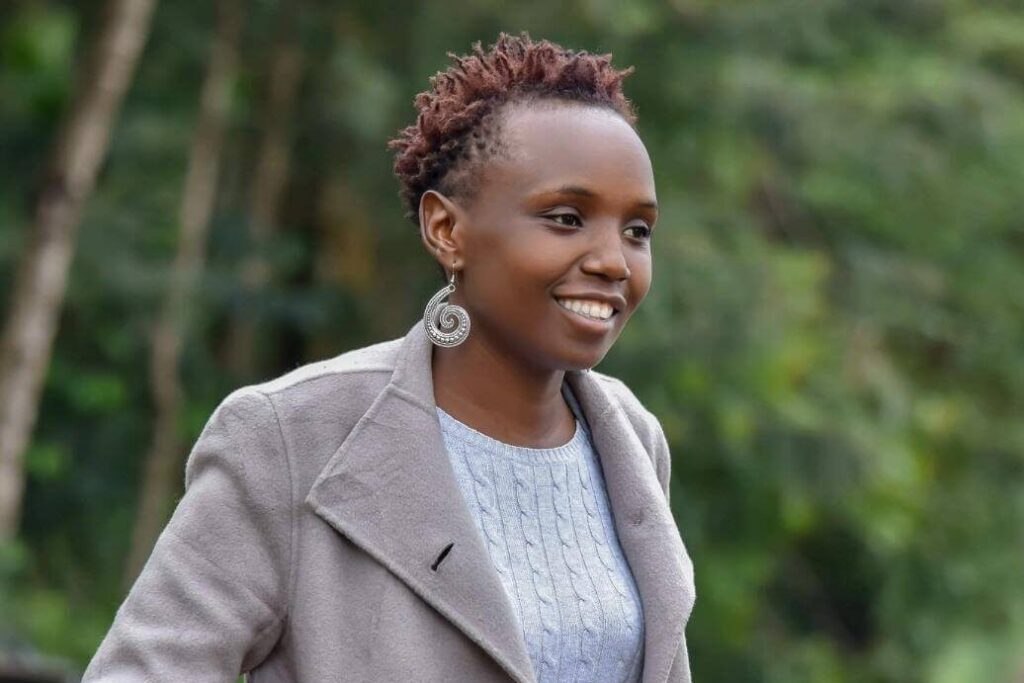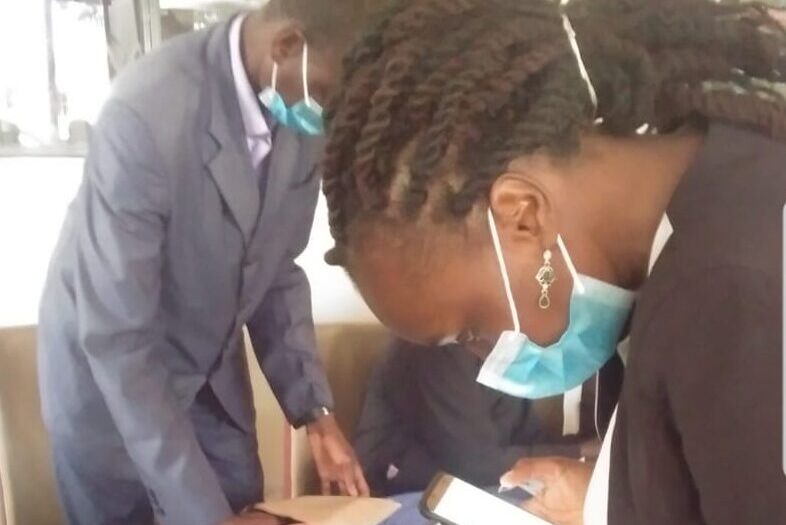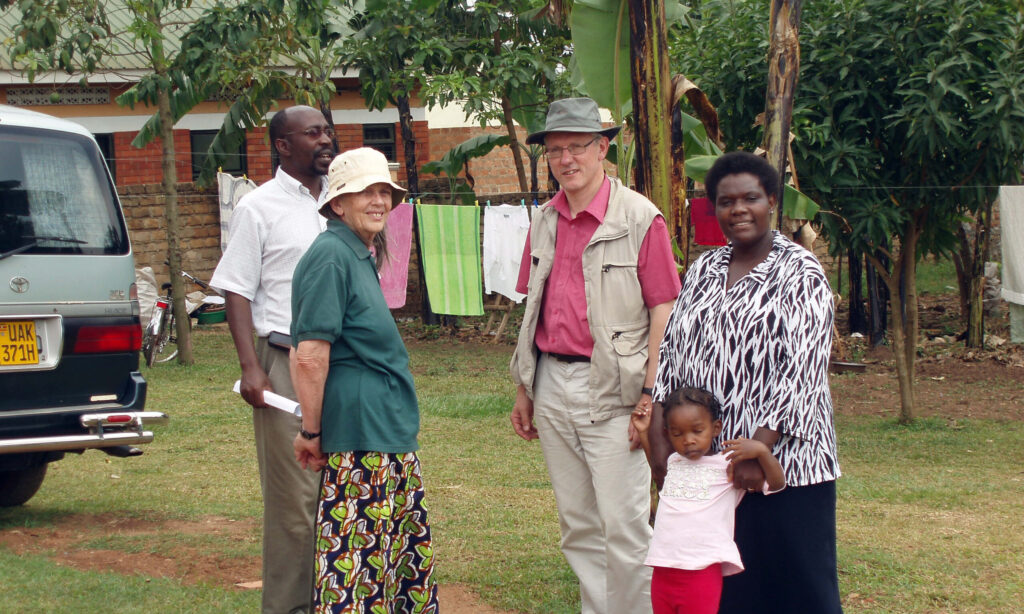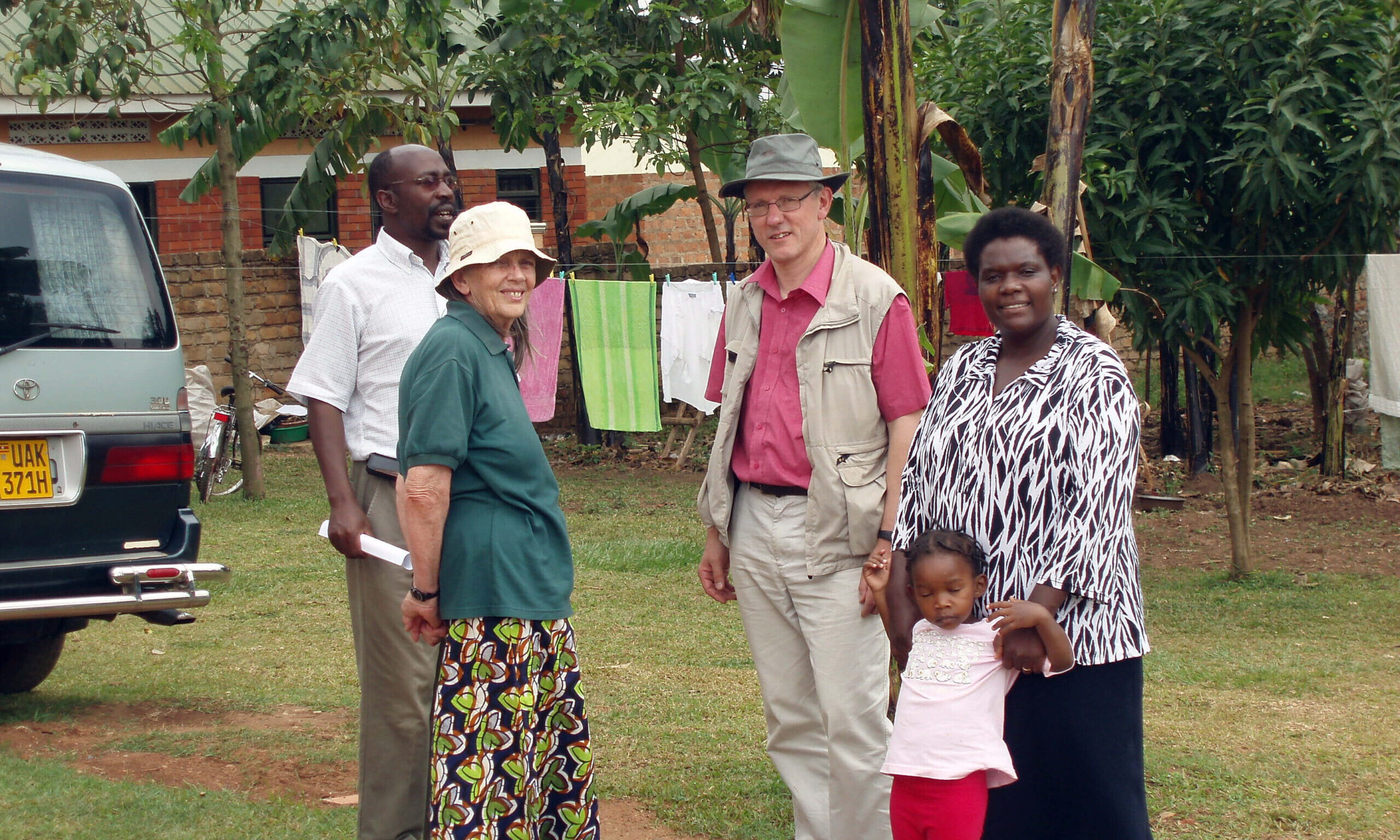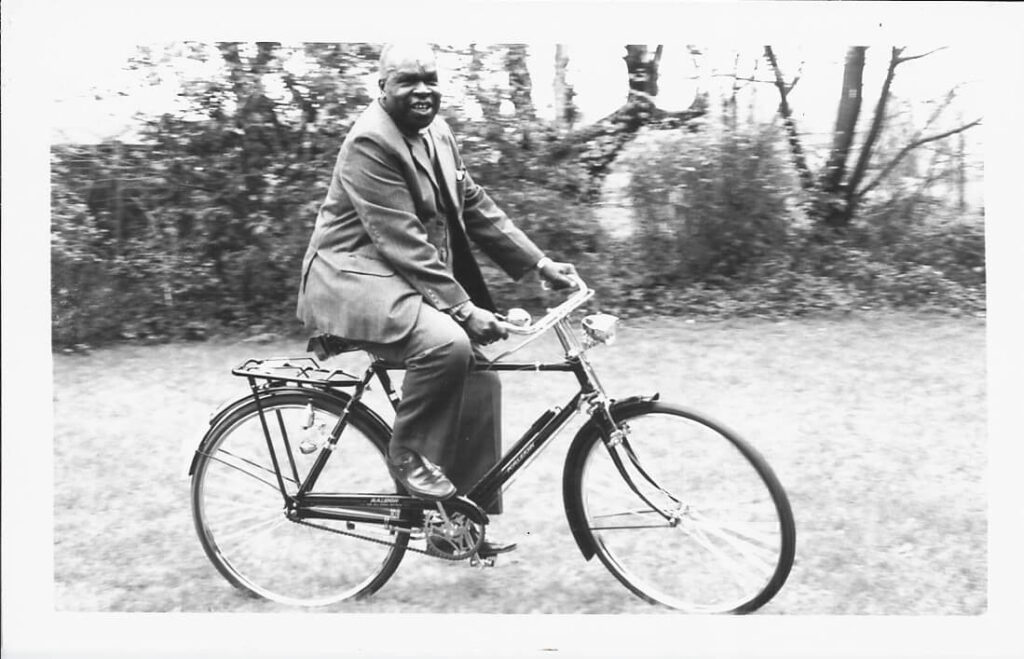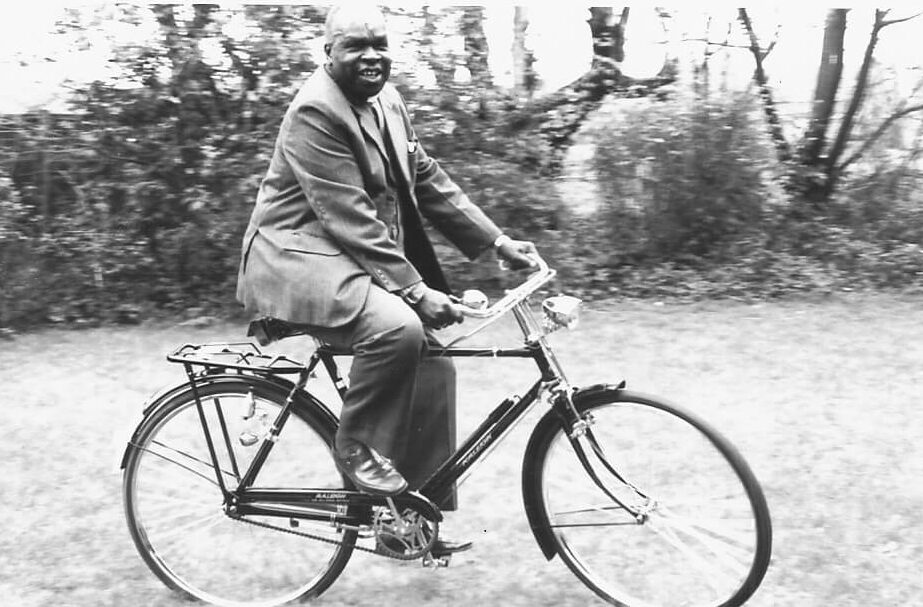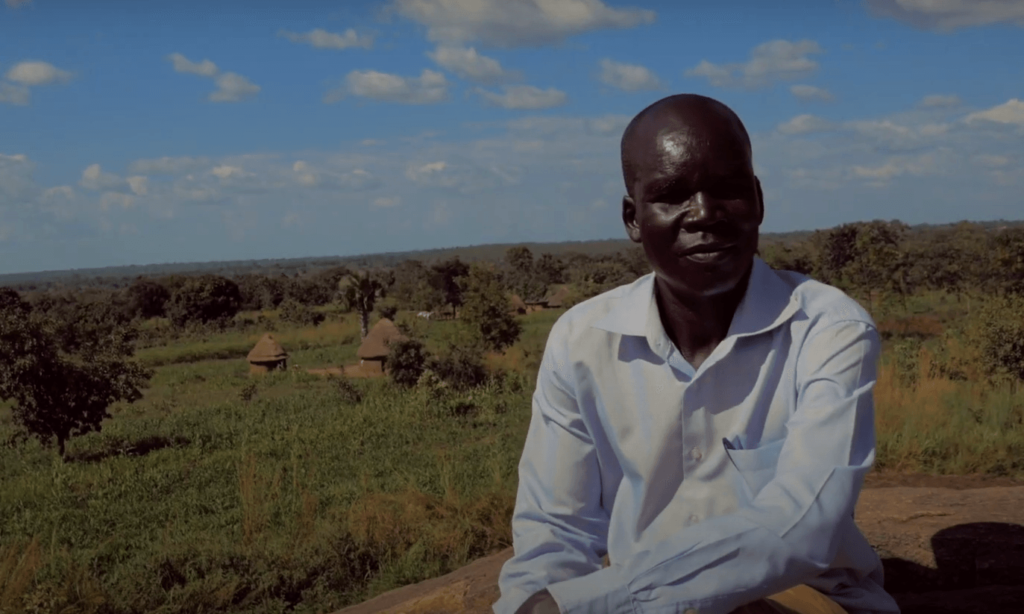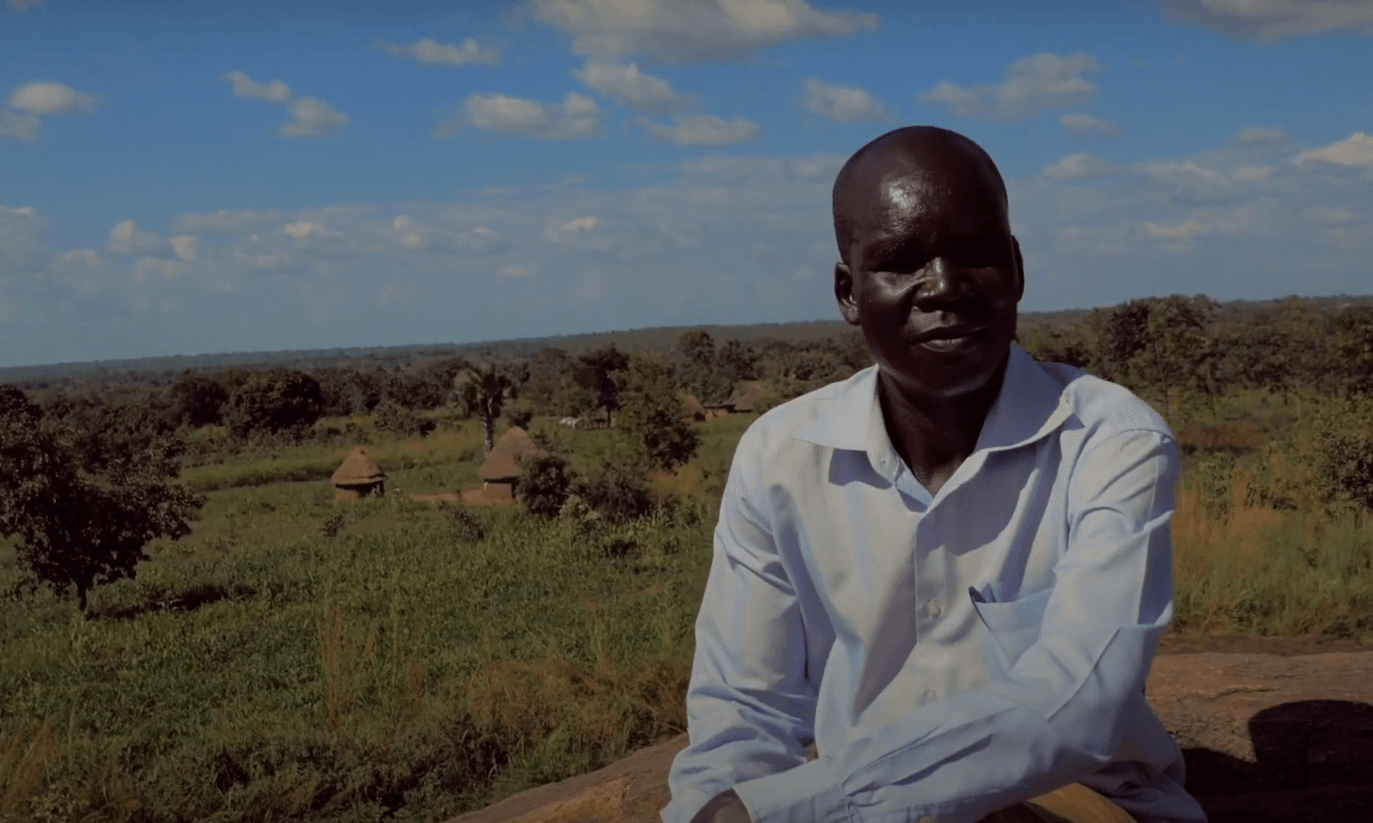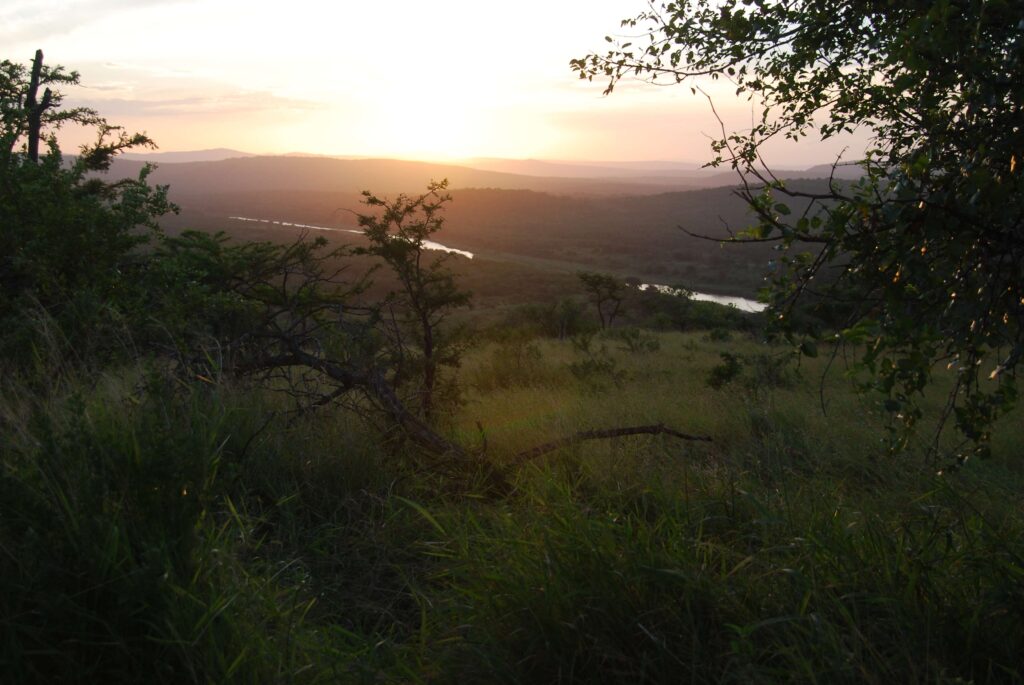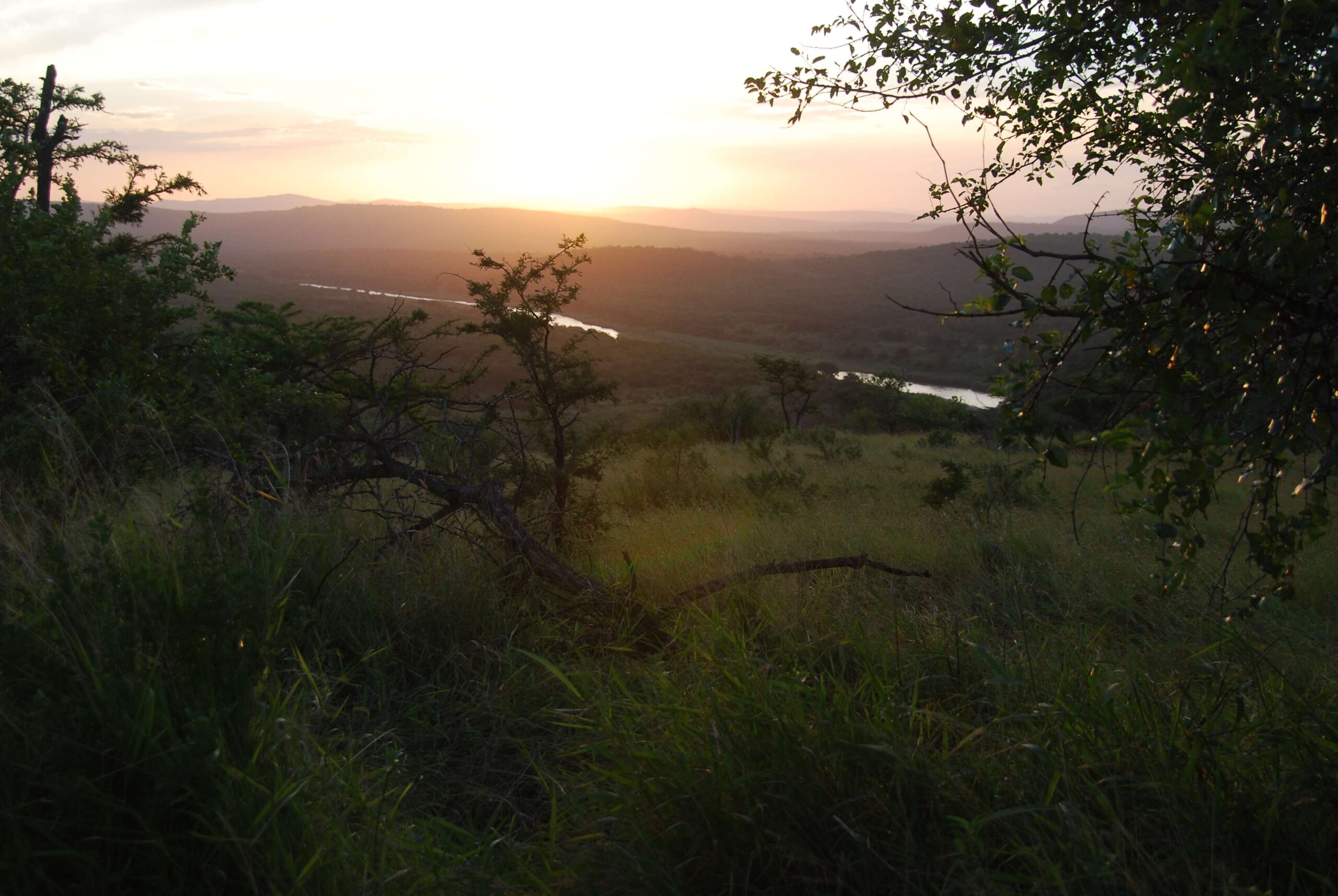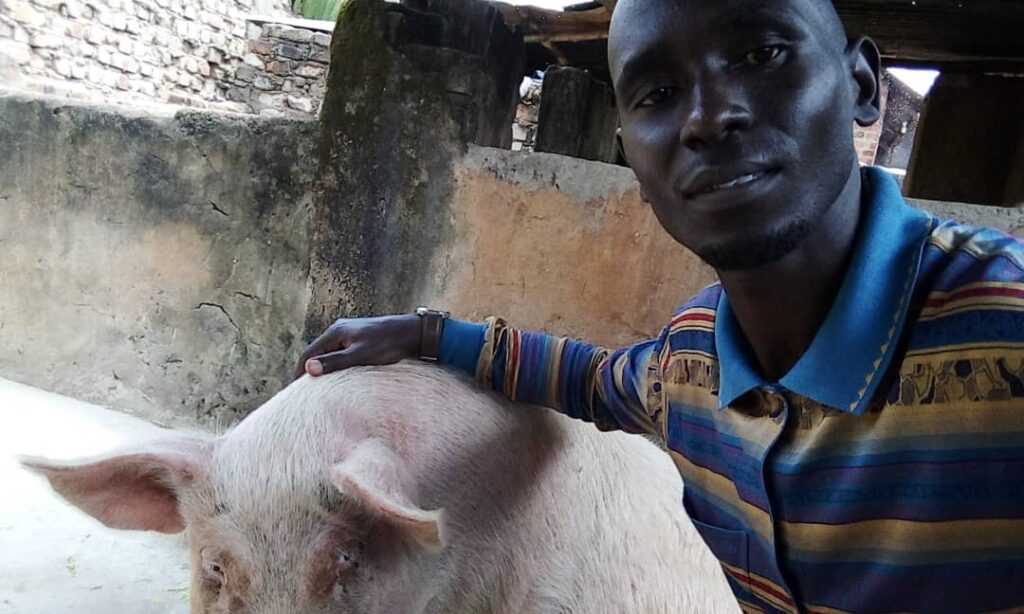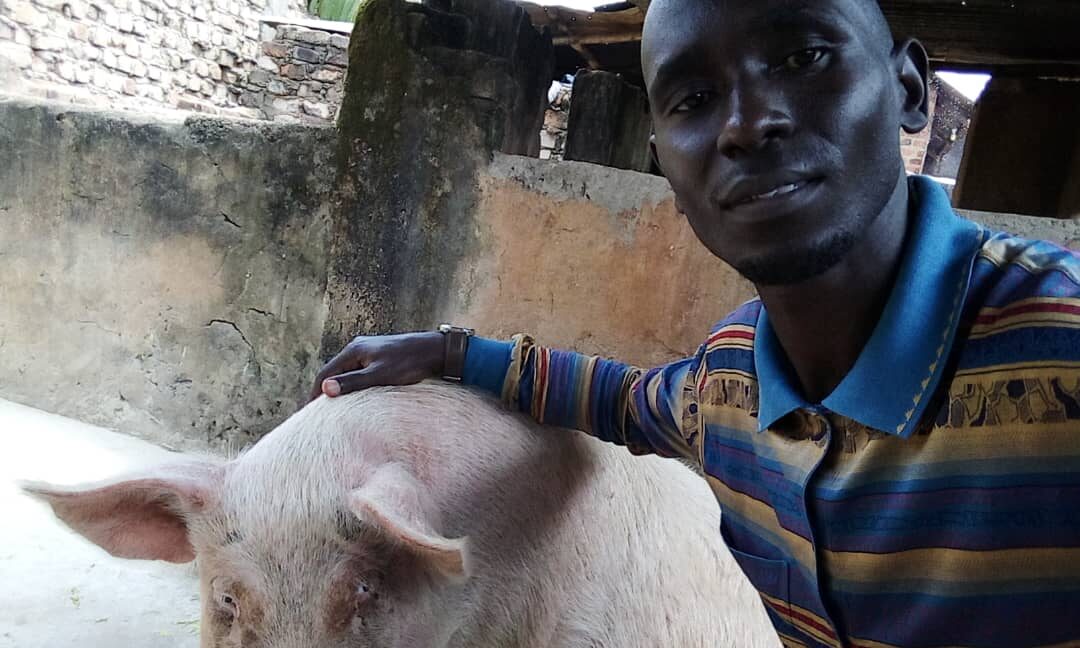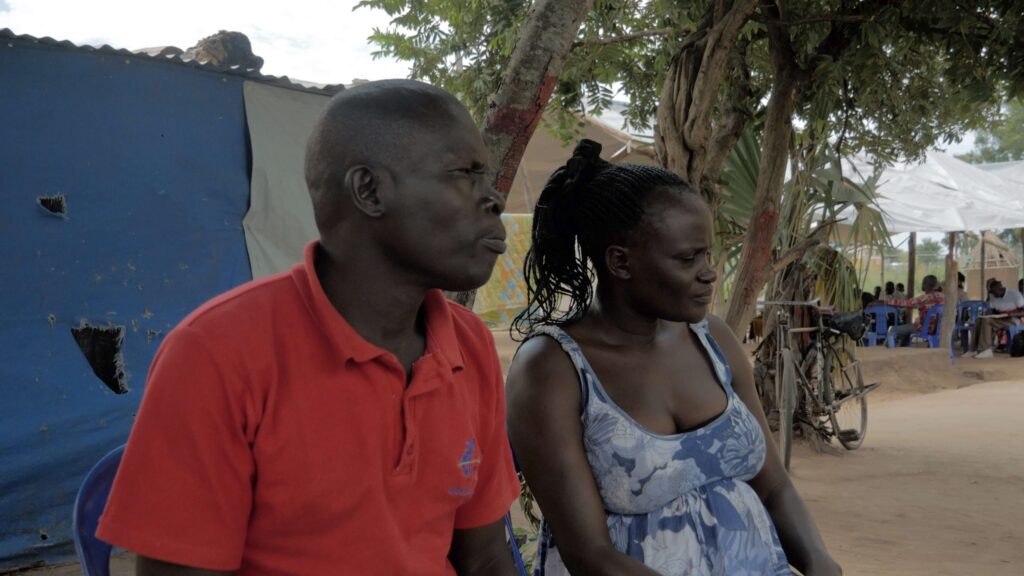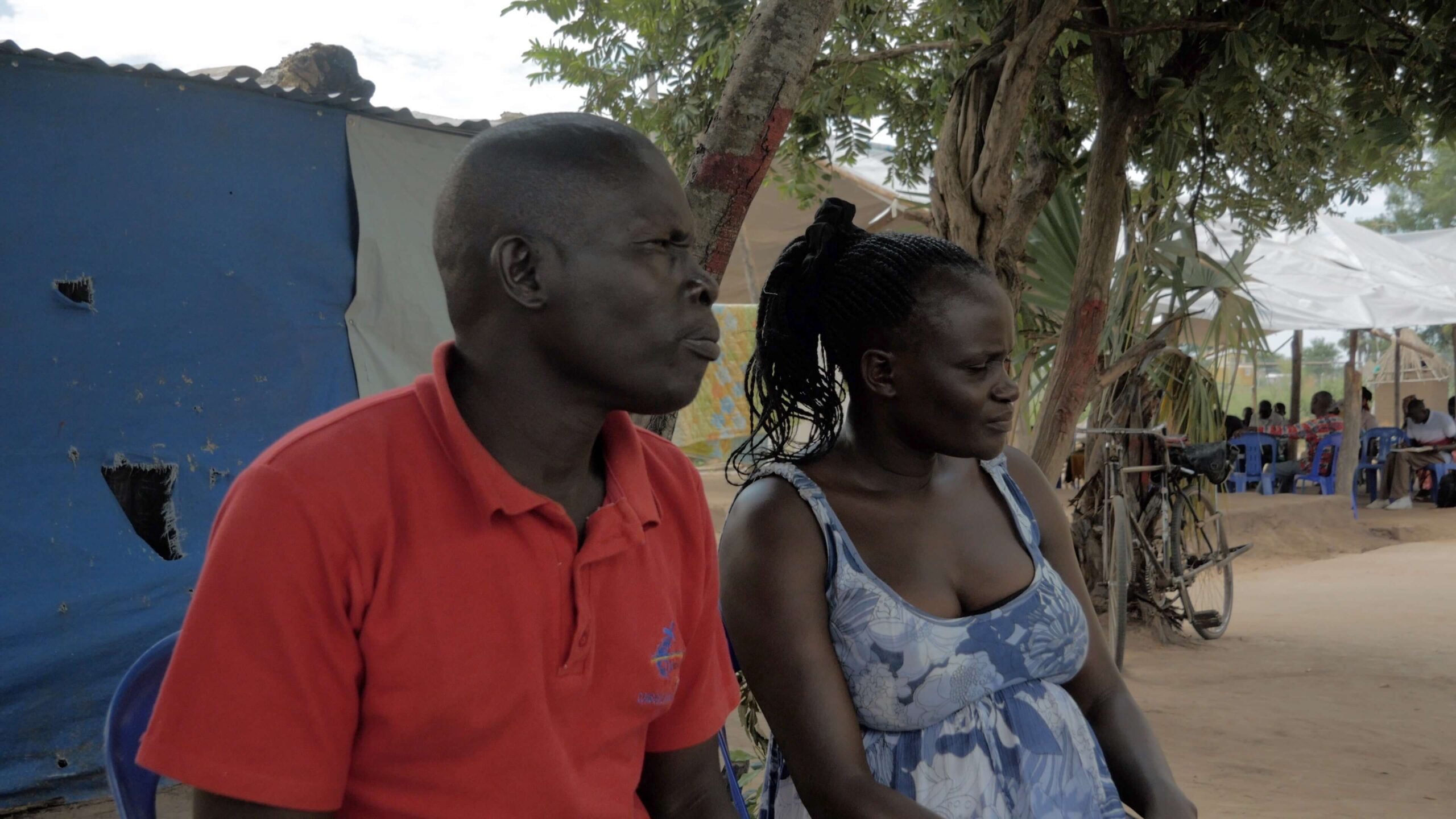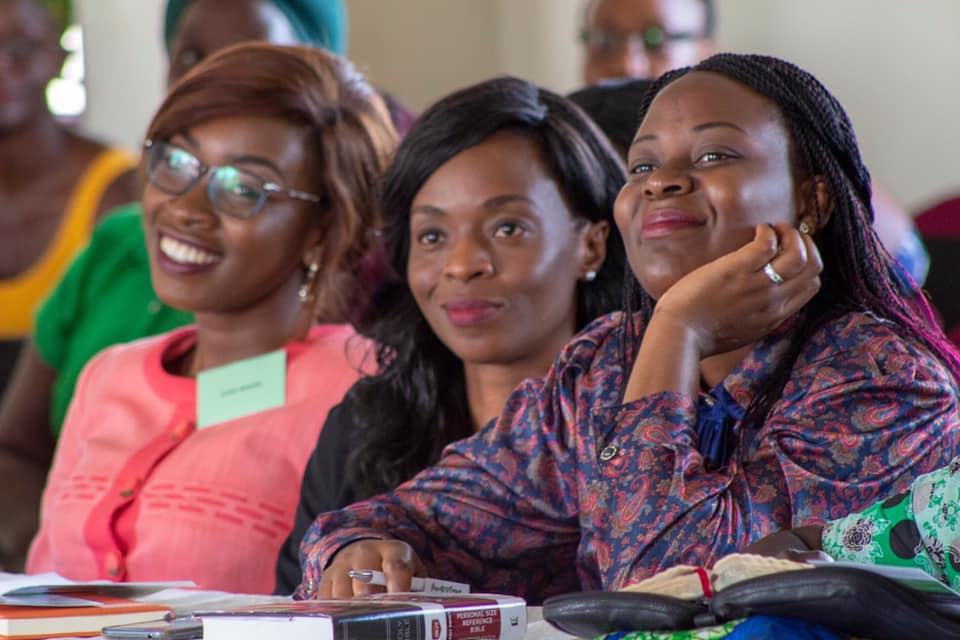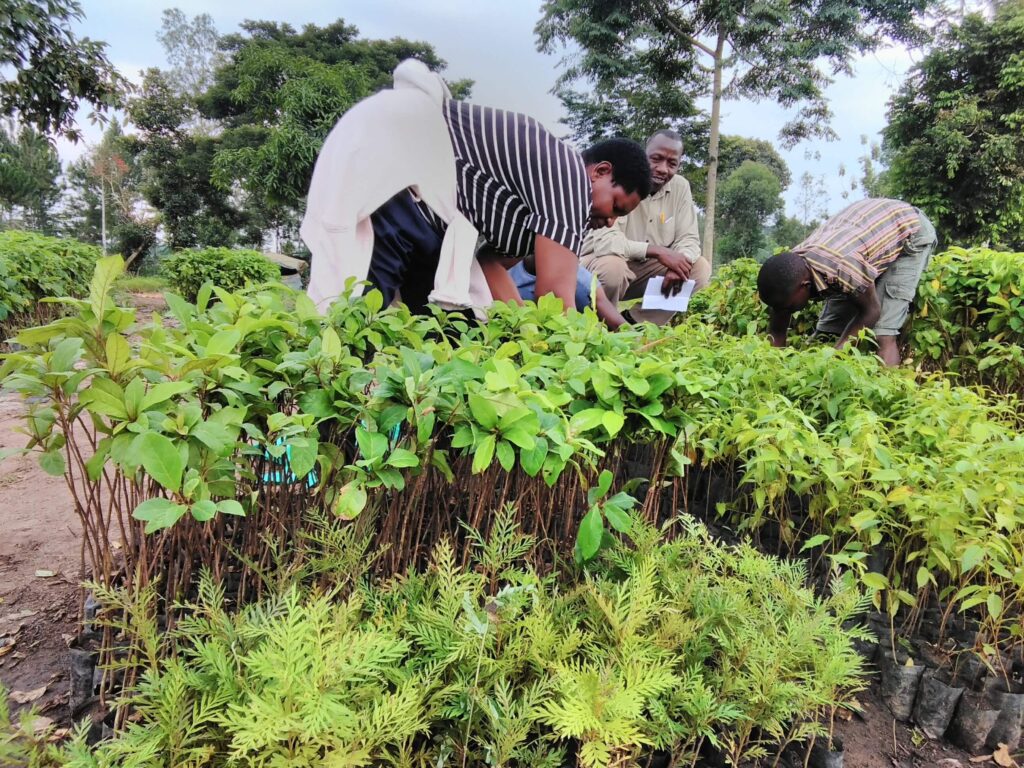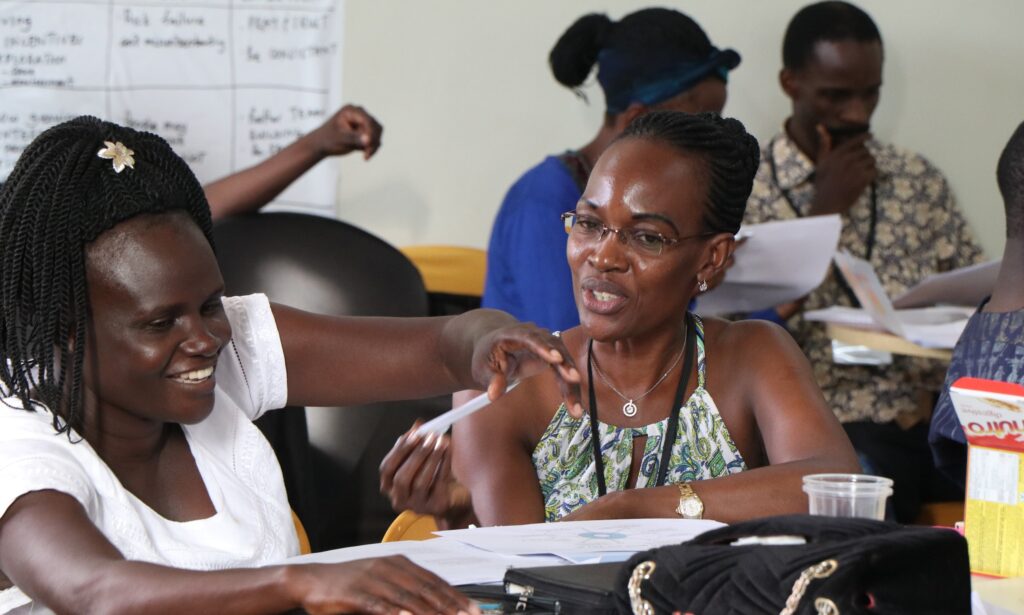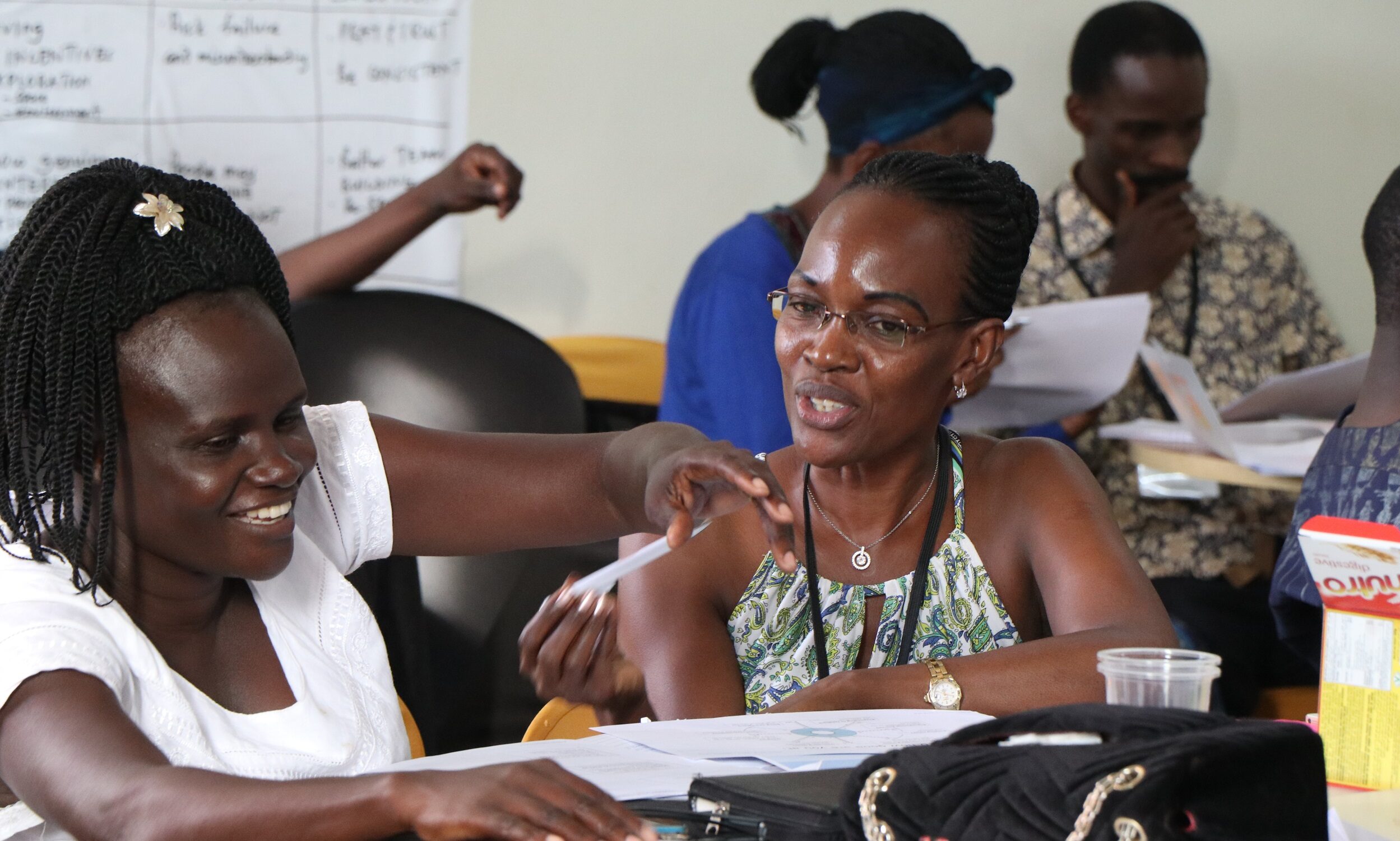Trees have a special place in African culture. As the biggest plants on the planet, they give oxygen, store carbon, stabilise the soil and give life to the world’s wildlife. They also provide people with food, medicines and wood for tools and shelter. In many traditional African cultures, trees have a spiritual connection to the supernatural world of the ancestors.
Recently, I’ve been researching the role faith plays when African Christians think about the environment. My study demonstrates that trees still retain a very special place in African people’s thinking.
From Malawi to Uganda, from Cameroon to Ethiopia, Christian leaders responding to the research made a direct link between climate change impacts (changing weather patterns, increasing droughts and floods) and the dramatic loss of trees the continent has suffered over the last 50 years. One pastor put it this way: “Trees and African people are one. You cannot separate us.” Many expressed a sense of regret around the continent’s deforestation, but the reasons behind it are complex. Rapid population growth, demand for charcoal, poverty, and the erosion of traditional value systems which protected forests: none of these have helped.
Although responsibility for climate change undoubtedly lies primarily with industrialised nations like the UK rather than in Africa, Africans are showing how we should respond. The African church is at the forefront of action on climate change. In Uganda, the Bishop of West Buganda, Rt Rev Katumba Tamale recently announced his support for Ugandan school children joining the famous Fridays for Future global school strikes.
Decrying that so many trees had been cut down and not enough planted, “The lives of our children are now at stake,” he said. Most Rev Thabo, Archbishop of Cape Town, says people of faith must walk the walk when it comes to climate change: “We depend on this beautiful web of life God created… The challenge now is for us to become healers because we have failed to be stewards.” After all, Africans are collectively the most vulnerable people in the world to climate change impacts whilst having the fewest resources to adapt to and mitigate for these.
But now, the Baptist Union of Uganda, in partnership with APF and Climate Stewards (a UK Christian charity providing carbon offsetting through carbon mitigation projects in the developing world), has launched the Jubilee Trees campaign. Funding from APF and Climate Stewards is helping local Ugandan Baptist churches plant indigenous trees on church land. Hundreds of Maesopsis, Grevillea and Terminalia tree saplings are now growing on five church sites in central Uganda.
